Russia facing parent flock shortage due to AI
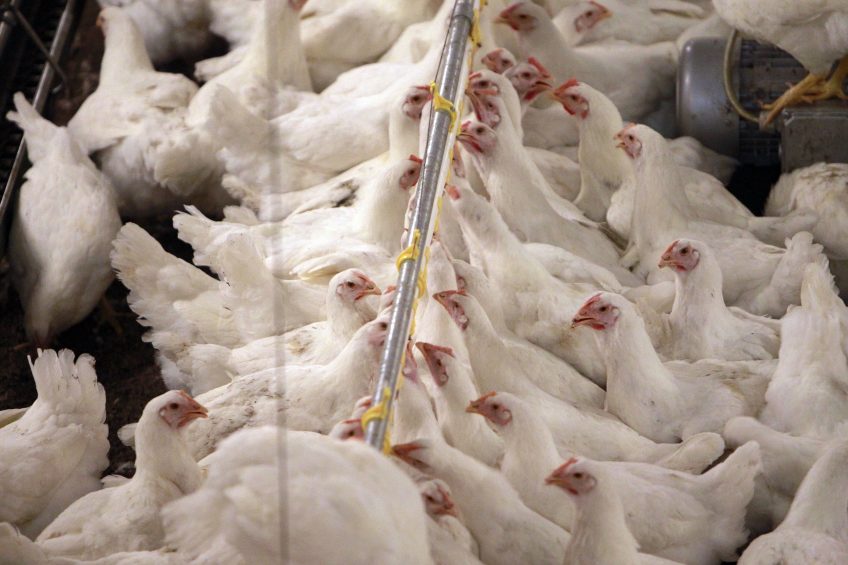
Russia has restricted imports of poultry and eggs from Romania, Croatia and Sweden due the outbreaks of highly pathogenic avian influenza (AI) in these countries, according to the press service of veterinary body, Rosselhoznadzor.
Speaking at a recent press conference, Rosselhoznadzor’s press secretary Julia Melano said that the veterinary body in general eyes a ban on imports to Russia of poultry and eggs from all countries where AI outbreaks have been identified over past months. She added that the trade barriers will be entered for an uncertain period of time. In total, AI has now affected 15 countries from the European Union.
Reliance on breeding stock imports
At the same time, these restrictions could severely affect Russia’s poultry industry and in particular poultry farmers, who are still relying on imports of hatching eggs and breeding stock in Russia. Vadim Vaneev, general director of Russia’s largest turkey producer Eurodon, told Russia’s federal media Tass that Eurodon has secured poultry parent flock for the period of at least 3 years, so the company itself will not suffer any problems from new import restrictions.
However, he said, there are numerous farmers in the country who will certainly face difficulties, adding that a lot of things now depend on how long the restrictions are implemented. In case these restrictions are entered for several years, many poultry producers would not be able to survive, Vaneev suggested. Until there is no parent stock in Russia, nothing reasonable in our livestock industry would happen, he said.
Hatching egg imports doubled
According to Russia’s Institute of Agricultural Markets Conjuncture (IKAR) over the period 2010-2015 Russia has doubled the volume of hatching eggs imports from around 350,000 million units to 700 million units. At the same time, the overall demand for hatching eggs in the country in 2016 amounted roughly to 3.6 billion units. IKAR attributes this rapid rise of imports to the development of country’s poultry industry in that period.
At the same time, almost all of Russia’s poultry producers have been importing poultry flock and hatching eggs from Europe. In particular, agricultural holdings Cherkizovo in 2015 produced 283,000 million of hatching eggs and imported 91 million units, with almost all supplies coming from Germany, the company’s press service revealed. The data of IKAR suggested that last year roughly 90% of hatching eggs to Russia were imported from Europe with 38% supplies came from the Netherlands.
Consequence of modern poultry farming
Vladimir Visinin, president of Russia’s Union of Poultry Producers, also confirmed huge dependence on imported hatching eggs and parent flock to regional media Agroinvestor, saying that in the times of the Soviet Union the country’s farms were not importing these products at all. However, construction of poultry farms without parent flock became popular in 90s, so volume of imported hatching eggs quickly rose to hundreds of millions units.
Agroinvestor also reveals that last year almost all Russia’s poultry farmers reported a partial dependence on the import of parent flock and hatching eggs.
Join 31,000+ subscribers
Subscribe to our newsletter to stay updated about all the need-to-know content in the poultry sector, three times a week. Beheer
Beheer

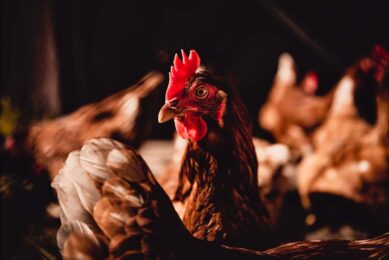
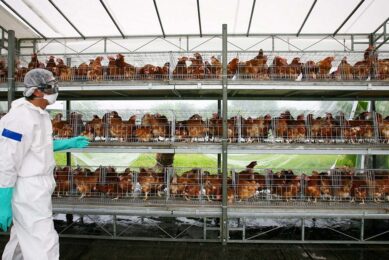
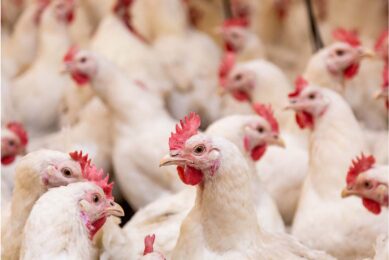
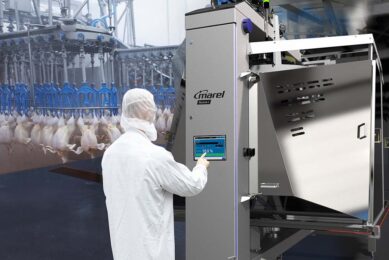



 WP Admin
WP Admin  Bewerk bericht
Bewerk bericht